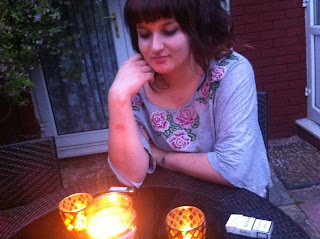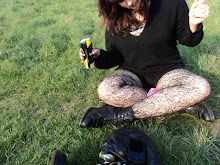
"Well, he wasn't always a butler; he used to be a silver polisher for some people in New York that had a silver service for two hundred people. He had to polish it from morning till night, until finally it began to affect his nose-"
"Things went from bad to worse," suggested Miss Baker.
"Yes. Things went from bad to worse, until finally he had to give up his position."
Amongst the countless hastily skim read and overlooked dialogue in the history of literature lies this anecdote from Fitzgerald's great american novel, The Great Gatsby (although it probably earned that nickname not from its greatness or novel-ness but more from its abundant american-ness).
Looking through old holiday pictures of Versailles (above), the relevance of the butler's nose to society became obvious. The butler's tale appears to be an attempt at filling a painfully awkward silence during a painfully awkward dinner. However, Fitzgerald is illustrating the continuously pertinent point that wealth does not only consume the rich, but it also consumes the poor.
The palace of Versailles stands as a fine example of this (cue summer 2009). The French royals became increasingly obsessed with the idea of power and wealth and so they designed ever more extravagant buildings and ornaments and gardens and statues and clothes and wigs and food, all at the expense of the suffering peasants. They felt the consequences of the extensive debt that the palace had accumulated, in the form of famine and starvation and deprivation.
Fewer words more true have ever been printed than these which Fitzgerald once wrote almost a century ago...
(Personal Note: ...and yet fewer words have ever been more neglected by English students. Times like these I'm thankful I wasn't good enough at English to be studying this book amongst the tired walls of a dull classroom. I'm sure I would have neglected Daisy's urgent whisper and I'm damn sure I would have liked this book a hell of a lot less.)




















































